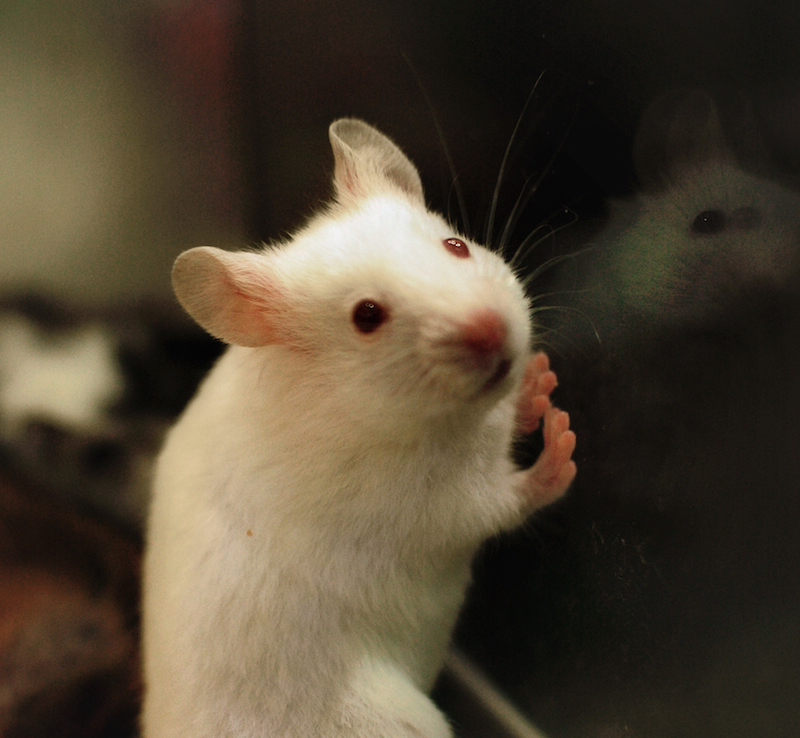-
Tips for becoming a good boxer - November 6, 2020
-
7 expert tips for making your hens night a memorable one - November 6, 2020
-
5 reasons to host your Christmas party on a cruise boat - November 6, 2020
-
What to do when you’re charged with a crime - November 6, 2020
-
Should you get one or multiple dogs? Here’s all you need to know - November 3, 2020
-
A Guide: How to Build Your Very Own Magic Mirror - February 14, 2019
-
Our Top Inspirational Baseball Stars - November 24, 2018
-
Five Tech Tools That Will Help You Turn Your Blog into a Business - November 24, 2018
-
How to Indulge on Vacation without Expanding Your Waist - November 9, 2018
-
5 Strategies for Businesses to Appeal to Today’s Increasingly Mobile-Crazed Customers - November 9, 2018
Study Links Irregular Sleeping Patterns with Cancer
A new study has linked poor sleeping to breast cancer risks after scientists have carefully observed the evolution of lab mice during a period of 50 weeks.
Advertisement
The researchers said that women with a risk in their family of developing breast cancer should never work different shifts, but cautioned that there was need for further tests involving people. The research found that the animals who had bad sleeping habits were 20% heavier even though they consumed the same amount of food as the ones with a regular sleep pattern. The findings may raise important issues like managing work and health with patients prone to contracting cancer, a report by Echo Examiner stated on Tuesday. This refers to our internal body clock, that has its own rhythm that should be respected.
Long-term studies in humans are hard to conduct, so researchers in the Netherlands turned to mice with a genetic predisposition towards cancer, comparable to the BRCA gene carried by movie star Angelina Jolie.
It found that women with a family history of breast cancer shouldn’t work shifts.
According to the study, physical activity is an low-priced, non-invasive strategy for disease prevention advocated by public health agencies around the world, with recommendations to be physically active at least 150 minutes per week at moderate intensity or 60 to 75 minutes per week at vigorous intensity for overall health.
“The conclusion is that chronic changes in light schedules are a driving factor for breast cancer development, weight gain, and other metabolic problems”, says senior study author Bert van der Horst of the Erasmus University Medical Centre.
The researchers assume that the equivalent effect could be an extra 10kg (1st 8lb) of body weight or for at-risk women getting cancer about five years earlier.
Working shifts may affect more than your social life: it could increase your risk of cancer. Some shift workers say that working outside of the traditional 9 to 5 hours provides them with certain advantages, like a more convenient childcare situation, but a growing body of evidence shows that straying too far from the natural cycle of sleeping at night and waking during the day has serious health consequences.
Advertisement
The result of the one year clinical trial was published online in the journal JAMA Oncology.





























